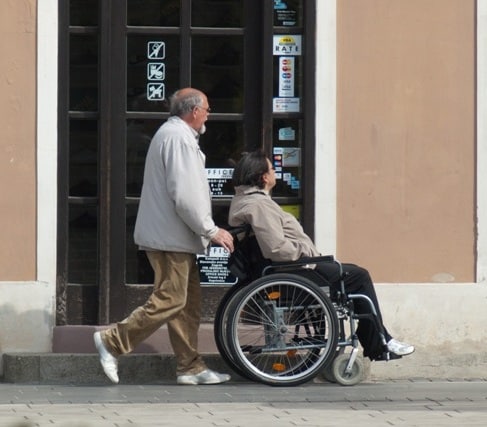
An interection that needs to be addressed
In our contribution, we highlight in particular the lack of attention on the specific situation of older persons with disability, which is largely due to the lack of intersectionality between the issues of ageing and disability. Both at EU and national level, laws are often based on single grounds of discrimination and policies are fragmented. This trend is also reflected in data, which should to be disaggregated by age and gender to provide a clear picture of the situation of older persons with disability.
The double burden facing older persons with disability
Some of the further barriers that we mentioned in our reply include the existing age limits in access to disability benefits, mobility allowance or personal assistance in a number of EU countries, and the prevalent structural ageism putting older persons with disabilities at higher risk of discrimination, abuse and violence.
As our Ageing Equal campaign also demontrated, older persons with disabilities face great challenges to live in dignity and equality. For instance, as they reach a certain age, persons with disabilities may lose their access to support services as they tend to be no longer considered as a person with a disability but as an “old” person. Similarly, people who acquire a disability in older age – e.g. following an accident – may not be considered as persons with disabilities. Those breaches of the principle of equality demonstrated the prevalence of ageist attitudes in society and the need to improve the awareness of common and specific challenges.
Read our full reply to the UN consultation here
Read also: Ageing & disability: the intersection needs urgent exploring, conference finds






